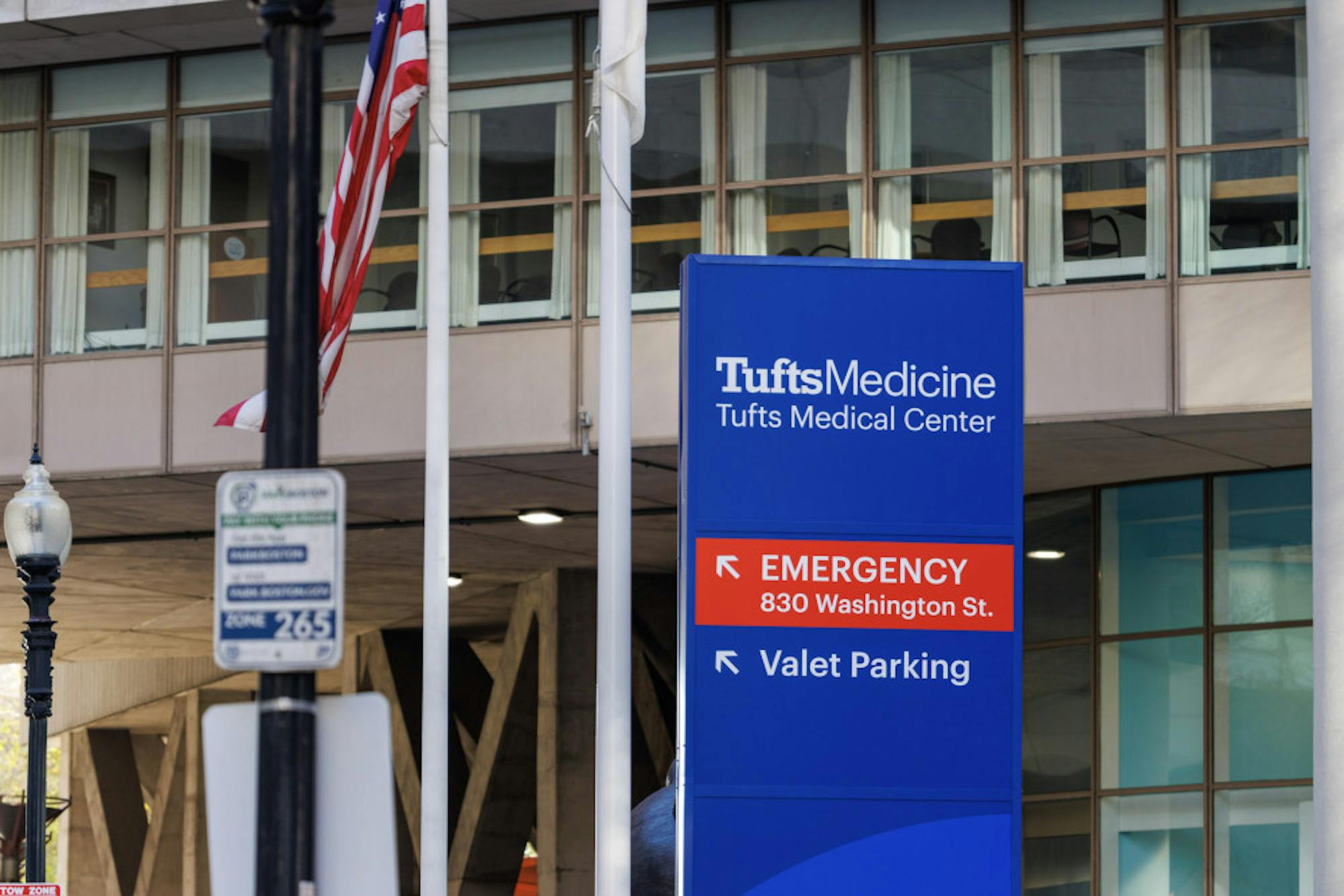The Somerville City Council unanimously passed a resolution on Jan. 12 calling for the cancellation of Somerville residents’ medical debt. Headed by City Councilors At-Large Willie Burnley Jr. and Charlotte Kelly, the plan details the reappropriation of American Rescue Plan Act funds to buy medical debt portfolios in bulk for those residents who make up to 400% of the federal poverty rate, or those for whom debt is 5% or more of their annual income.
“Somerville has the opportunity to transform thousands of residents’ lives with very few resources and this is an incredible opportunity to center equity and economic justice in how we spend our remaining ARPA funds,” Kelly said in a press release. “We can lead boldly around the issue of healthcare debt, support our residents who continue to struggle due to exasperated economic and medical impacts of COVID-19, and strengthen our relationship with medical institutions that serve as the primary point of medical care for our residents.”
Medical debt has become a strain on millions of Americans. According to a recent survey by the Commonwealth Fund, which supports research into healthcare issues, 79 million Americans have unpaid medical bills or medical debt problems. In 2020, collection agencies held $140 billion in unpaid medical debt and today, medical debt is the leading cause of bankruptcy in the United States. A 2022 poll conducted by the Kaiser Family Foundation found that a quarter of adults with health care debt owe more than $5,000, and of those, one-fifth do not expect to ever pay it off.
“Doing something like this is really a win-win-win,” Burnley Jr. said. “It’s a win for those in health care positions because they save money that they may otherwise never get if people can’t afford to pay them back. … It’s a win for the residents who, because of medical debt, are subject to worse credit scores [and] have a harder time finding employment, housing [and] health care. And it’s a win for the city because we get to support our residents and be at the forefront of pushing our neighbors to do something similar.”
In order to achieve their plan, Burnley Jr. and Kelly have partnered with RIP Medical Debt, a national nonprofit founded in 2014 by two former debt collectors, which purchases medical debt around the United States from providers with the intention of forgiving consumers.
“Medical debt is a debt of necessity, and by that I mean it differs from most other types of debt in this country, as no one seeks out a chronic illness or an accident,”Daniel Lempert, vice president of communications at RIP, said.
Lempert also spoke on the emotional impacts of medical debt.
“People who have debt in general are three times more likely to struggle with issues of anxiety or depression,” Lempert said. “And more recently, there’s been research looking at medical debt as a social determinant of health. … It’s really antithetical to the purpose of healthcare in any country — which is to make people healthier — to put a burden on them emotionally or financially.”
He also noted the impact medical debt can have on a person’s credit score, which affects financial viability, loan applications and housing opportunities. RIP works to alleviate these issues by purchasing debt in large bundled portfolios for pennies on the dollar. They estimate that $1 donated can, on average, erase $100 of medical debt.
“If you no longer approach debt-buying from a for-profit point of view and instead put a philanthropic lens on it, you can actually purchase large amounts of medical debt very cheaply,” Lempert said.
If Somerville Mayor Katjana Ballantyne approves the allocation of city funds, RIP will work with the city to identify which residents qualify and then reach out to hospitals and providers in the area to see if they are willing to sell the debt to them.The process is source-driven, meaning residents will not have to apply or do any work themselves to have their debt erased. Those who qualify will receive a letter in the mail informing them that their medical debt has been paid off.
The resolution is now being discussed in the Committee of Public Health and Public Safety, and a public hearing to increase understanding surrounding the process is scheduled for Feb. 13. Meanwhile, the deadline for non-profits like RIP to apply for ARPA funds is Feb. 3, at which point the mayor’s administration will begin sorting through the applications and appropriating funds.
But for Burnley Jr., there is a lot more work to be done beyond this resolution and the borders of Somerville.
“The more difficult question is, how do we create a universal program that reveals the reality that healthcare is a human right?” he said. “It’s not just people who make under a certain threshold who shouldn't be in medical debt — it’s everybody. Medical debt shouldn’t exist.”
Lempert agrees, as RIP plans to not only continue to branch into local government work, but also add to their policy shop.
“Medical debt abolishment is very much an end-of-the-line intervention. We’re sort of catching people after they’ve gone through the whole system, and they’ve been suffering with this financial burden,” Lempert added. “It’s not to diminish the work, but we’re also looking at what we can do upstream to stymie the flow of fresh medical debt in this country.”






